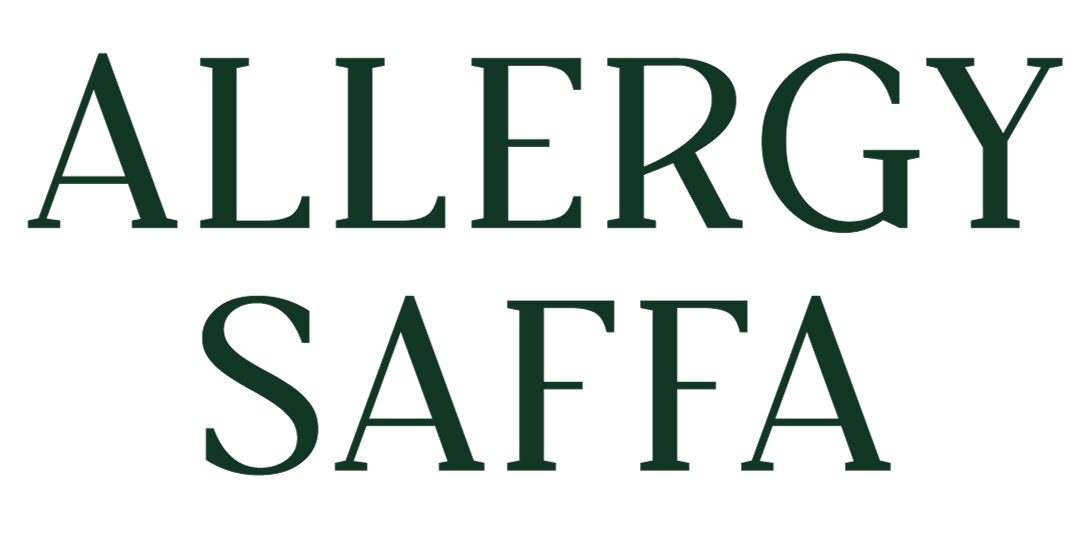Allergies are a common problem that affects millions of people worldwide. From sneezing and watery eyes to itchy skin and respiratory problems, allergy symptoms can significantly impact daily life. Fortunately, there are several ways to relieve allergies, both naturally and medically. In this article, we’ll explore effective remedies, prevention strategies, and lifestyle changes that help reduce allergic reactions and promote overall well-being.
What Are Allergies?
Allergies occur when the immune system overreacts to substances that are normally harmless, such as pollen, dust mites, pet dander, or certain foods. These substances are known as allergens. The immune response causes the body to release histamines, which lead to inflammation and various symptoms like:
- Sneezing
- Runny or stuffy nose
- Coughing
- Itchy, watery eyes
- Skin rashes or hives
- Breathing difficulties
Common Types of Allergies
Before diving into remedies, it’s important to understand the different types of allergies people experience:
- Seasonal Allergies (Hay Fever): Triggered by pollen from trees, grass, and weeds, usually in spring and fall.
- Dust Allergies: Caused by dust mites, mold, or other particles found indoors.
- Pet Allergies: Triggered by proteins in pet saliva, dander, or urine.
- Food Allergies: Caused by immune response to certain foods like nuts, dairy, shellfish, or eggs.
- Skin Allergies: Reactions like eczema, hives, or contact dermatitis.
Top Natural Ways to Relieve Allergies
1. Use a Saline Nasal Spray
One of the easiest and most effective ways to relieve nasal congestion from allergies is using a saline nasal rinse. It helps flush out allergens, reduce swelling, and improve breathing.
SEO Tip: Keywords like saline rinse for allergies, nasal spray, and clear sinus naturally are highly searched.
2. Try Local Honey
Consuming local raw honey may help your body build a tolerance to local pollen, reducing symptoms over time. This natural allergy remedy is a favorite for many who want to avoid medication.
3. Drink Herbal Teas
Certain herbs, like peppermint, ginger, and green tea, have natural antihistamine and anti-inflammatory properties. Drinking these teas can help soothe allergy symptoms and boost the immune system.
4. Take Probiotics
Gut health plays a major role in immune response. Probiotics, found in yogurt, kefir, and fermented foods like kimchi and sauerkraut, can help balance your gut flora and reduce allergy flare-ups.
5. Use HEPA Filters at Home
HEPA (High-Efficiency Particulate Air) filters trap dust, pollen, pet dander, and mold spores. Installing these in your air conditioner, vacuum, and air purifiers helps improve indoor air quality.
SEO Tip: Use keywords like best air purifiers for allergies, HEPA filters for pet dander, etc.
6. Shower After Being Outdoors
Pollen easily sticks to your skin, hair, and clothes. Showering and changing clothes immediately after outdoor activities helps reduce your exposure to allergens.
7. Essential Oils for Allergies
Essential oils like lavender, eucalyptus, peppermint, and tea tree oil can relieve symptoms when used in diffusers or diluted in carrier oils and applied to the skin.
Popular search terms: essential oils for seasonal allergies, peppermint oil allergy relief, natural antihistamines.
Medical Treatments to Relieve Allergies
While natural remedies are helpful, some people may need medical treatments for stronger or persistent symptoms.
1. Over-the-Counter Antihistamines
Antihistamines block the histamine response in the body, providing quick relief from sneezing, itching, and watery eyes. Common brands include:
- Claritin (Loratadine)
- Zyrtec (Cetirizine)
- Allegra (Fexofenadine)
2. Nasal Corticosteroids
These sprays reduce inflammation in the nasal passages and are highly effective for treating allergic rhinitis. Examples include Flonase and Nasonex.
3. Allergy Shots (Immunotherapy)
If you suffer from severe allergies, your doctor may recommend allergy shots. These injections help desensitize your immune system over time, leading to long-term relief.
4. Prescription Medications
In more serious cases, prescription medications such as leukotriene inhibitors (e.g., Singulair) or decongestants may be necessary for effective symptom control.
Diet and Lifestyle Tips for Allergy Relief
Incorporating certain lifestyle changes can strengthen your immune system and reduce allergy triggers.
1. Eat an Anti-Inflammatory Diet
Foods rich in antioxidants, vitamins C and E, and omega-3 fatty acids can reduce inflammation and support immune health. Include:
- Leafy greens
- Berries
- Fatty fish (like salmon)
- Nuts and seeds
- Garlic and onions
2. Stay Hydrated
Drinking enough water thins mucus, helping your body expel allergens more easily. Aim for at least 8 glasses a day.
3. Keep Windows Closed During High Pollen Season
Use air conditioning instead of opening windows, especially in spring and fall. Check daily pollen counts before heading out.
4. Declutter and Dust Regularly
Remove unnecessary rugs, drapes, and clutter that collect dust. Clean surfaces and vacuum frequently using a HEPA-filter vacuum.
When to See an Allergist
If your symptoms persist despite using natural and over-the-counter remedies, it may be time to consult an allergist. Allergy testing can help pinpoint your specific triggers, leading to a more tailored treatment plan.
Signs You Should See a Specialist:
- Severe or life-threatening reactions
- Asthma triggered by allergies
- Chronic sinus infections
- Persistent eczema or hives
Conclusion
Relieving allergies is possible with the right combination of natural remedies, medications, and preventive care. By understanding your triggers and adopting healthy habits, you can enjoy a better quality of life and reduce the discomfort caused by seasonal or chronic allergies.
Whether you opt for essential oils, HEPA filters, or medical treatments, taking proactive steps toward managing your allergies can make all the difference.

